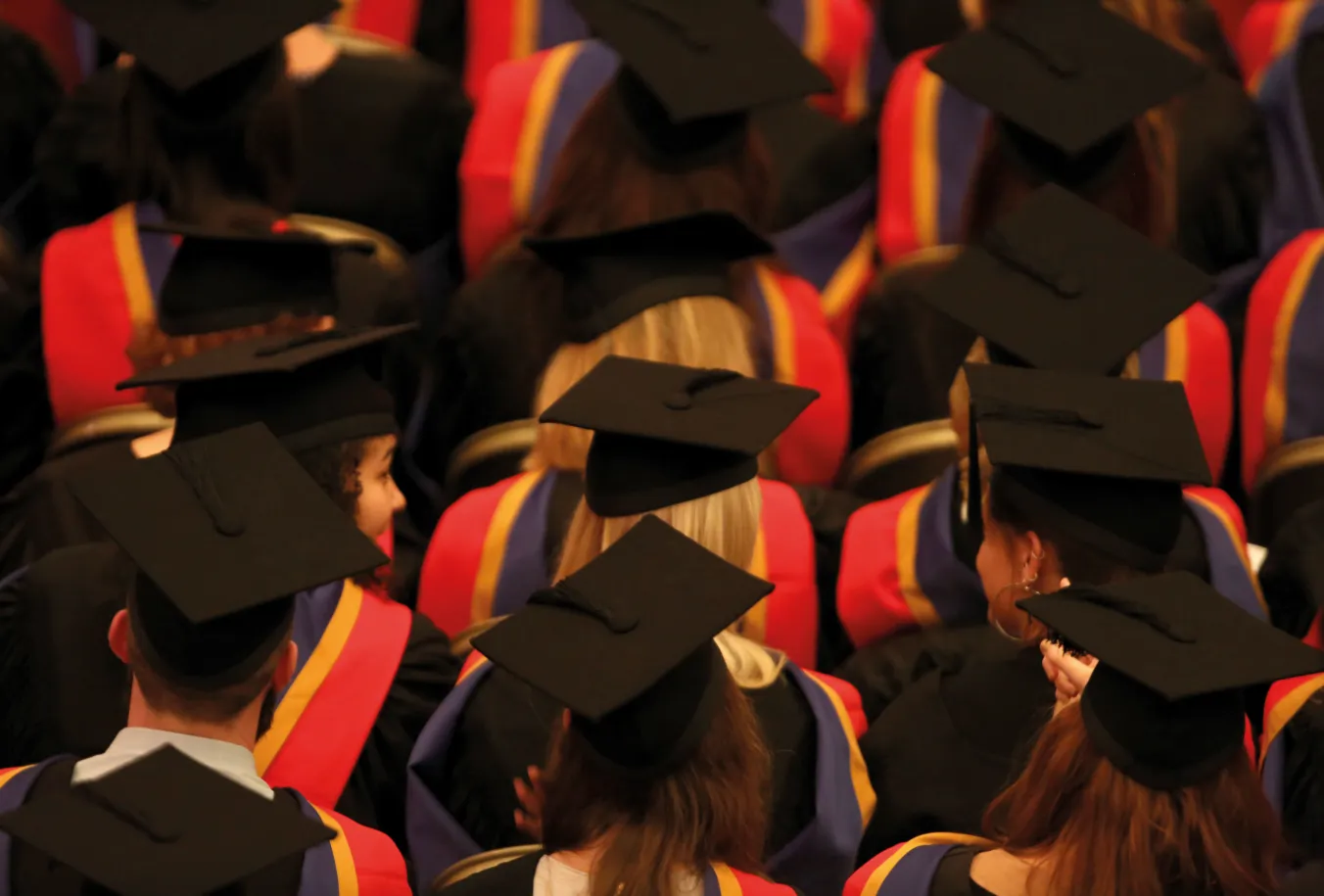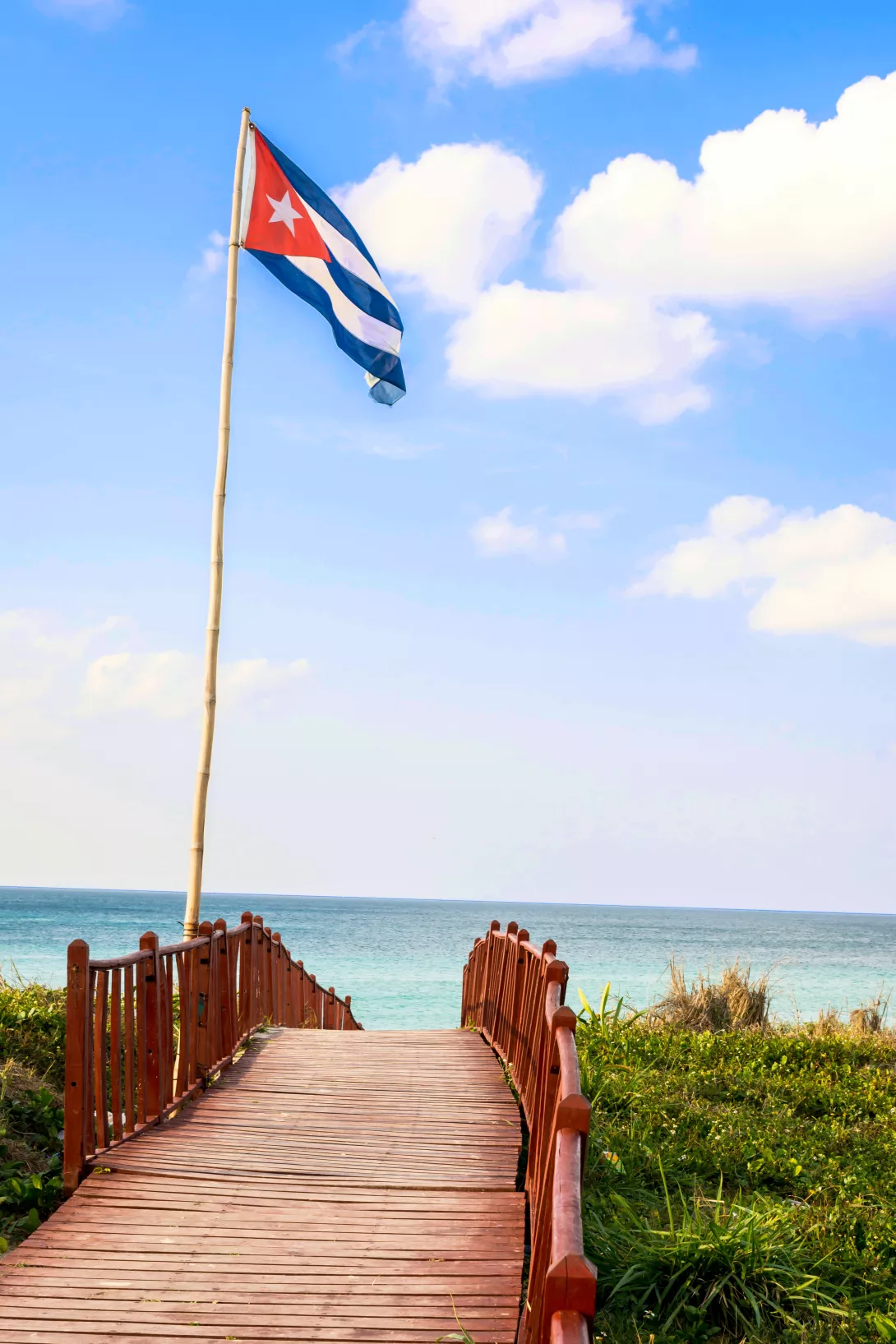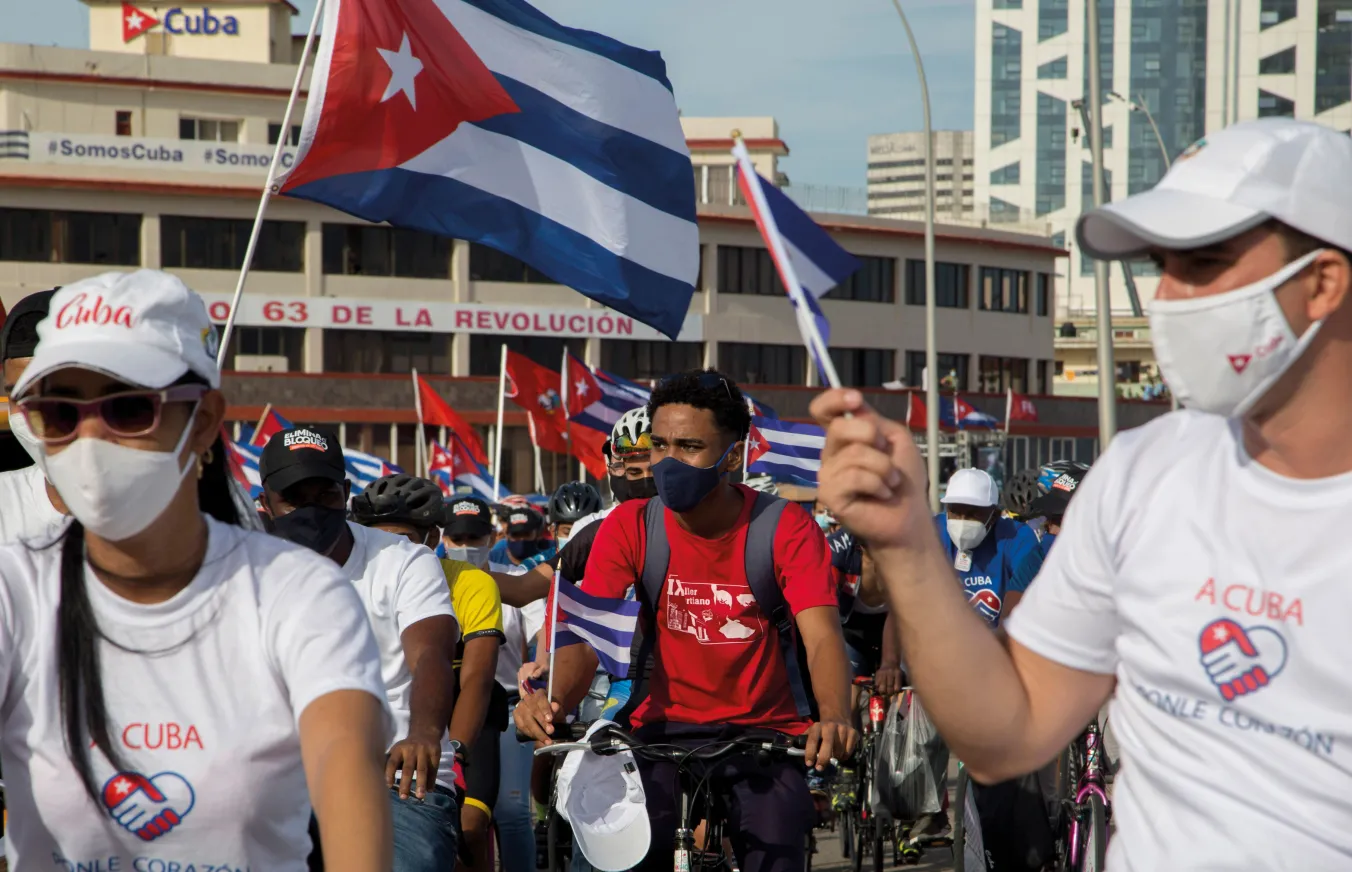The proxy war in Ukraine is heading to a denouement with the US and Russia dividing the spoils while the European powers stand bewildered by events they have been wilfully blind to, says KEVIN OVENDEN
Cuba is living proof that a different world is possible
LAUREN HARPER reports from a young trade unionists’ May Day brigade visit to Cuba

THE first thing that struck me about Cuba was the language in which they refer to their healthcare professionals. They are constantly referred to as “heroes” and they genuinely mean it all the time — not like how we were encouraged to clap for the NHS during Covid, only to be told healthcare staff don’t deserve a pay rise today.
Additionally, the language they use is always collective. Never once were we told “I designed this vaccine” or “this team designed the vaccine” — it was always “we created five vaccines against Covid-19.”
Rightfully, the country is incredibly proud of the work it completed during the pandemic to save lives, all in the face of a brutal blockade enforced by the imperialist US.
More from this author

Putting the refinery in public hands could safeguard jobs, aid Scotland’s transition to Net Zero, reinvest wealth locally, and avoid past policy failures that devastated communities and fueled Scotland's drug crisis, writes LAUREN HARPER

Students are being treated as cash cows for unis and landlords, and with ever-rising fees and rents, no wonder mental health problems are rising too, says LAUREN HARPER
Similar stories

We publish here a speech delivered by BEN CHACKO to the Viva Cuba rally at Labour conference last night

Despite cruel US sanctions, Cuba continues to offer global humanitarian aid and support peace processes, writes KIM JOHNSON MP, urging others to follow Unison’s lead in practical solidarity with the besieged socialist island

Cuba’s designation as a ‘state sponsor of terrorism’ is inflicting incalculable damage on the country and its people, and leaving its health service in desperate need. KEVIN COURTNEY calls for one last push for the Cuba Vive medical aid campaign to get it over the line

After an inspiring meeting in Bolton Socialist Club addressed by a visitor from the Cuban Ministry of Higher Education, teacher ROBERT POOLE reflects on what we can learn from the education system in Cuba









